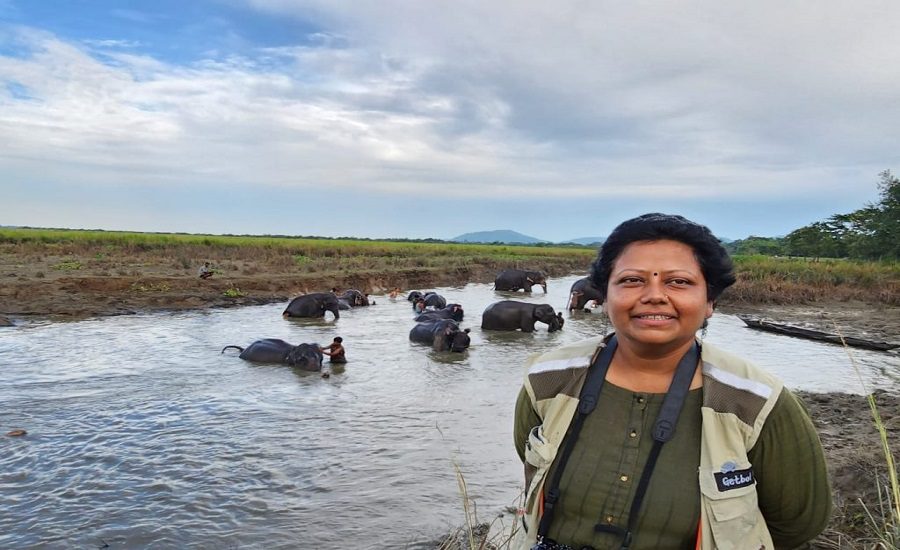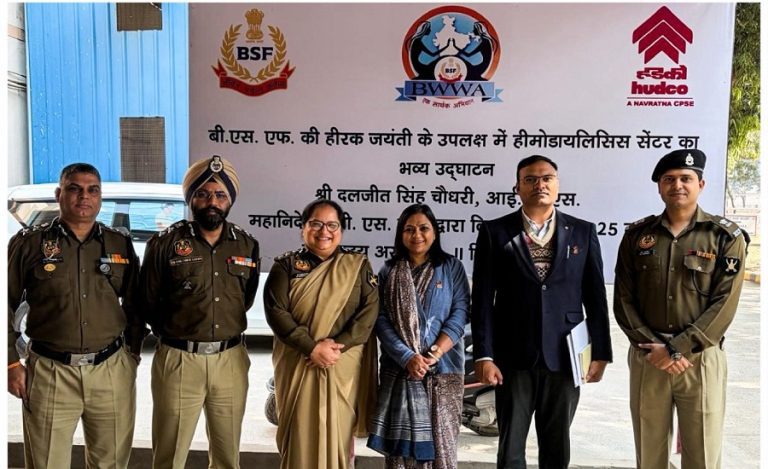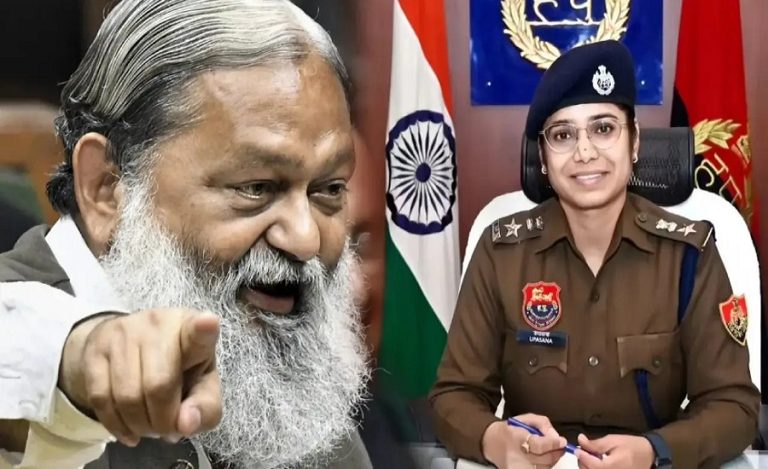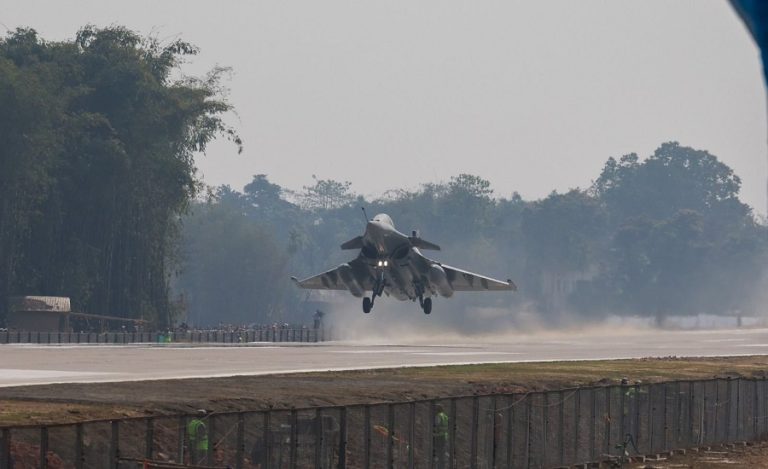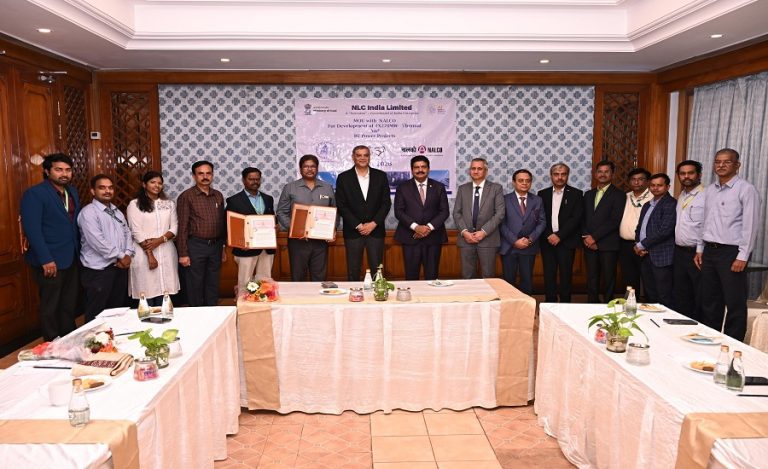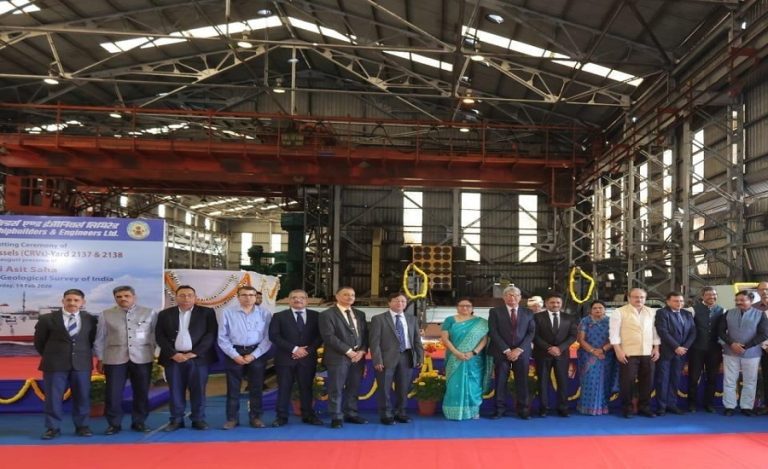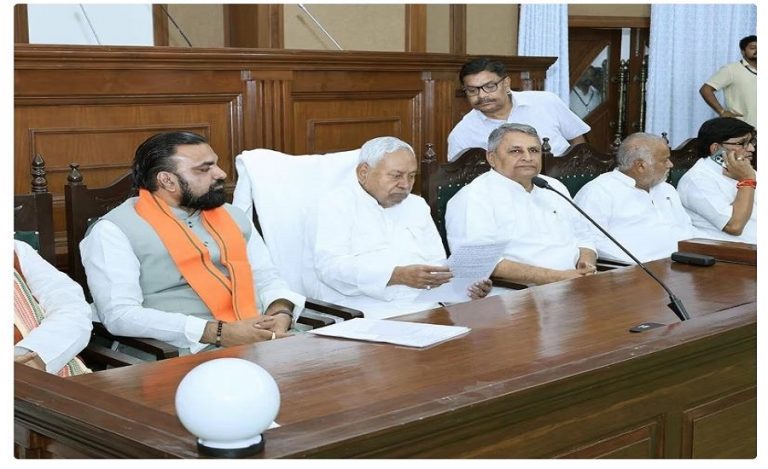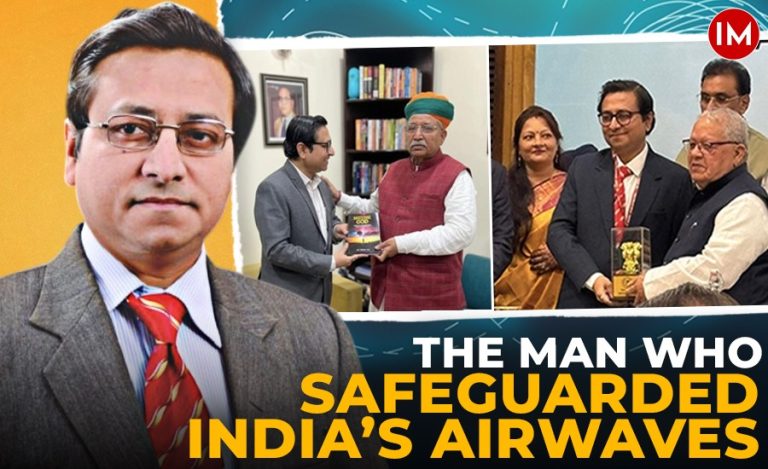Abu Dhabi/Guwahati: Dr Sonali Ghosh, Field Director of Kaziranga National Park and Tiger Reserve, has created history by becoming the first Indian recipient of the prestigious WCPA–Kenton Miller Award, presented during the IUCN World Conservation Congress in Abu Dhabi. This globally recognized honor celebrates exceptional innovation and leadership in protected area management.
Historic Recognition for an Indian Forest Officer
The WCPA–Kenton Miller Award, presented by the International Union for Conservation of Nature (IUCN), is one of the world’s highest accolades in the field of nature conservation. Dr. Ghosh’s landmark achievement places her among a distinguished global league of conservation leaders.
The award recognizes her innovative, community-driven, and scientific approach to conservation at Kaziranga, particularly during times of crisis such as the devastating 2024 floods.
Read also: Dr. Sonali Ghosh Wins Eco Warrior Award 2025 for Wildlife Conservation at Kaziranga
Leadership During Kaziranga’s Worst Flood Crisis
When unprecedented floods submerged vast swathes of Kaziranga National Park in 2024, Dr. Ghosh acted with urgency and precision. She transformed anti-poaching camps into emergency shelters, mobilized rescue teams, and created temporary wildlife corridors to help animals escape to higher ground.
Her quick-thinking leadership saved hundreds of animals, including endangered one-horned rhinos, elephants, swamp deer, and other species. This disaster management approach has since been adopted as a model for other flood-prone protected areas in India.
Zero Poaching Achieved Through Tech-Driven Policing
Under Dr. Ghosh’s stewardship, Kaziranga witnessed zero cases of poaching, an extraordinary feat considering its past challenges. This success was achieved through the integration of cutting-edge surveillance technologies such as –
- Drones
- Camera traps
- M-STrIPES (Monitoring System for Tigers – Intensive Protection and Ecological Status)
She also strengthened ground patrols and engaged local communities as “Park Guardians,” fostering trust and ownership among fringe villages.
Kaziranga’s Expansion and Ecological Vision
Dr. Ghosh led the strategic expansion of Kaziranga National Park from its earlier area to nearly 1,300 square kilometers, incorporating critical wildlife corridors such as Burhachapori and Laokhowa. These expansions –
- Enable safe movement for elephants and tigers
- Ensure genetic diversity
- Reduce human-wildlife conflict
She also emphasized the need for landscape-level conservation, particularly in the Indo-Bhutan Manas region.
Community-Based Eco-Tourism Initiatives
Not limiting her work to protection alone, Dr. Ghosh reimagined eco-tourism at Kaziranga. She introduced:
- Cycling trails
- Boating routes
- Birding circuits
- Electric safari vehicles
- Educational trails focusing on butterflies and orchids
These projects serve dual purposes: raising conservation awareness and supporting local livelihoods through sustainable tourism models.
Academic Brilliance Meets Field Expertise
Dr. Ghosh is a 2000-batch topper of the Indian Forest Service (IFS). Her academic credentials are as impressive as her fieldwork –
- Master’s in Wildlife Science
- Ph.D. in tiger habitat modeling using remote sensing
- Diplomas in Environmental Law and Systems Management
Her early postings in Manas National Park and Kokrajhar Forest Division gave her deep insights into conservation in conflict-prone zones.
National Accolades and Recognition
Prior to this global recognition, Dr. Ghosh received the Karmashree Award 2025 and the Eco Warrior Award for Wildlife Conservation. These awards acknowledged her tireless commitment to biodiversity, staff capacity-building, and institution-building in Indian forest services.
Her Philosophy: Science, Empathy, and Teamwork
Dr. Ghosh has consistently highlighted the importance of teamwork and frontline staff in any conservation success story. She believes in institutional capacity-building, and her inclusive leadership style has turned Kaziranga into a case study in effective conservation governance.
She also advocates the educational and conservation role of zoos, and has actively worked to improve the Assam State Zoo, one of the greenest in India.
From an Army Household to the Frontlines of Conservation
Growing up in an Army family, Dr. Ghosh developed a passion for wildlife early on. Even a brief but challenging stint in the Sales Tax department didn’t deter her from her goals. She credits the experience with honing her administrative skills, which later proved crucial in handling large-scale conservation efforts and crisis management.
A Global Role Model for Women in Conservation
Dr. Ghosh’s recognition has inspired not just forest officers and scientists, but also a new generation of women entering environmental science, forestry, and governance.
As the world battles climate change and biodiversity loss, her work offers a blueprint for inclusive, tech-enabled, community-partnered conservation.
Read also: National Zoological Park to Reopen Post-Bird Flu; Staff Protest Sudden Training by Vantara Experts

